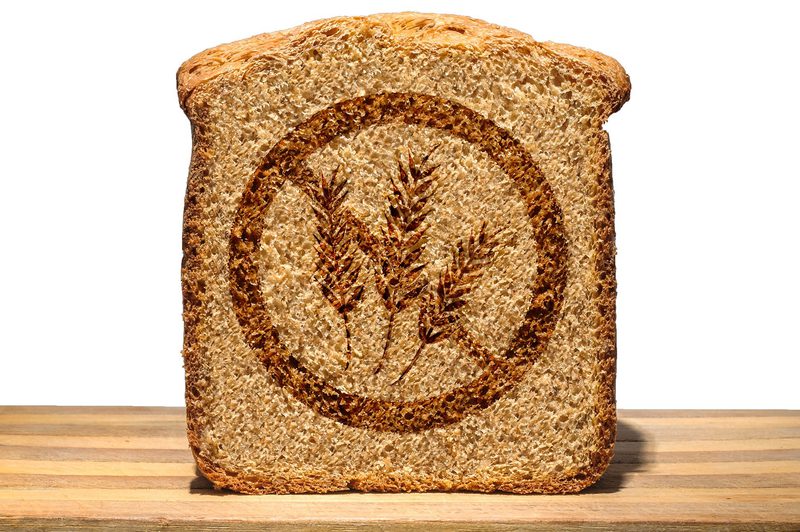
Posted on: April 23, 2018
Study finds huge variation in the prescribing of gluten-free foods
Gluten-free prescribing is in a "state of flux, with substantial clinically unwarranted variation between practices and CCGs", according to a study published in the BMJ Open.[1] The new research by Walker et al., aimed to describe the current trends, variation and factors associated with prescribing gluten-free foods in England, and found:
- A reduction in prescriptions from 1.8 million in 2012/13 to 1.3 million in 2016/17
- Substantial variation in prescribing rates, from no prescriptions in some areas to 148 per every 1,000 patients in others
- Those living in the most deprived areas of the country are the least likely to be prescribed gluten-free products
Although gluten-free foods are perceived to be becoming cheaper and more widely available, they remain more expensive than their gluten-containing alternatives,and it is argued that vulnerablepopulations may struggle to source appropriate foods fortheir condition without prescriptions.
Therefore, any move to further restrict availability on prescription would therefore be controversial, the researchers suggest.
The researchers concluded:
"It is clear that the level of variation in gluten-free prescribing is very high, and that this variation appears to exist largely without good reason, being determined to a large extent by factors such as CCG."
Last year, the Department of Health and Social Care (DHSC) conducted a National consultation looking at the availability of gluten-free foods on prescription in primary care. On 1 February 2018, the DHSC concluded that gluten-free breads and flour mixes should remain on prescription for those who are clinically diagnosed with coeliac disease. A spokesperson from DHSC said:
"It is important that patients have access to basic gluten-free foods on prescription to ensure the most vulnerable people are able to follow a gluten-free diet and avoid expensive health complications.
"That is why we consulted with the public and experts and made the decision to continue providing certain gluten-free foods on the NHS."
Coeliac disease, which affects around one in every 100 people in the UK, is an autoimmune condition where the consumption of gluten (found in wheat, barley and rye) triggers the immune system to react and damage the lining of the small intestine.
In their statement, Coeliac UK have commented on the study, saying:
"The paper adds to the evidence that people with coeliac disease in England are currently facing a postcode lottery for access to gluten free food on prescription."CCGs are implementing policies at a local level which are impacting on whether or not patients can access gluten free food on prescription."The regulations around the approach recommended by the DHSC are currently being developed and it is hoped that this decision will lead to a more consistent approach from CCGs."